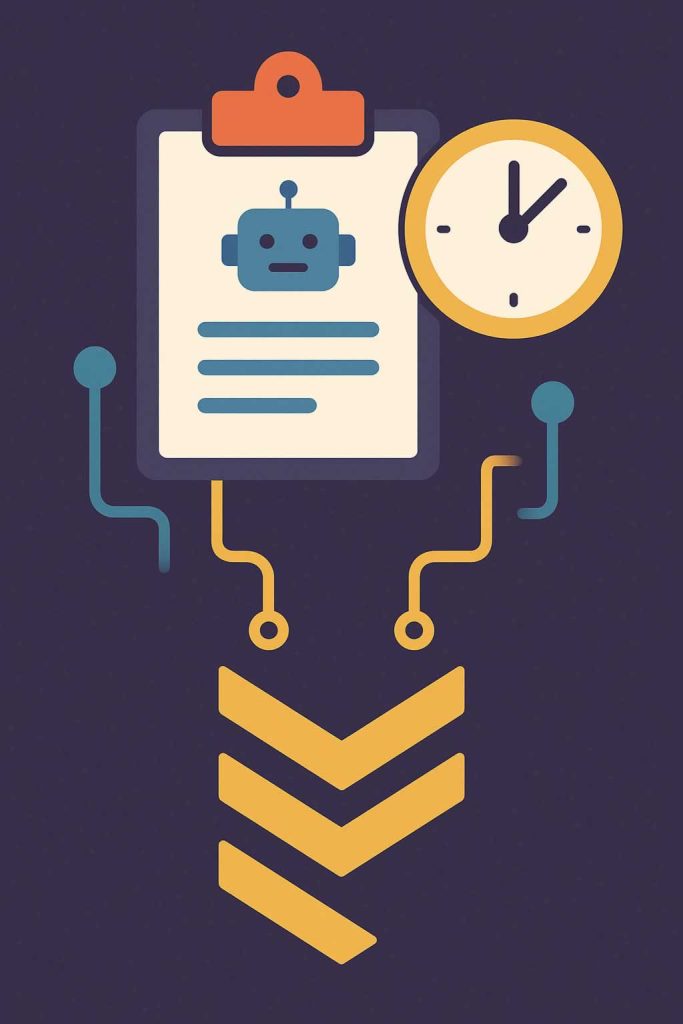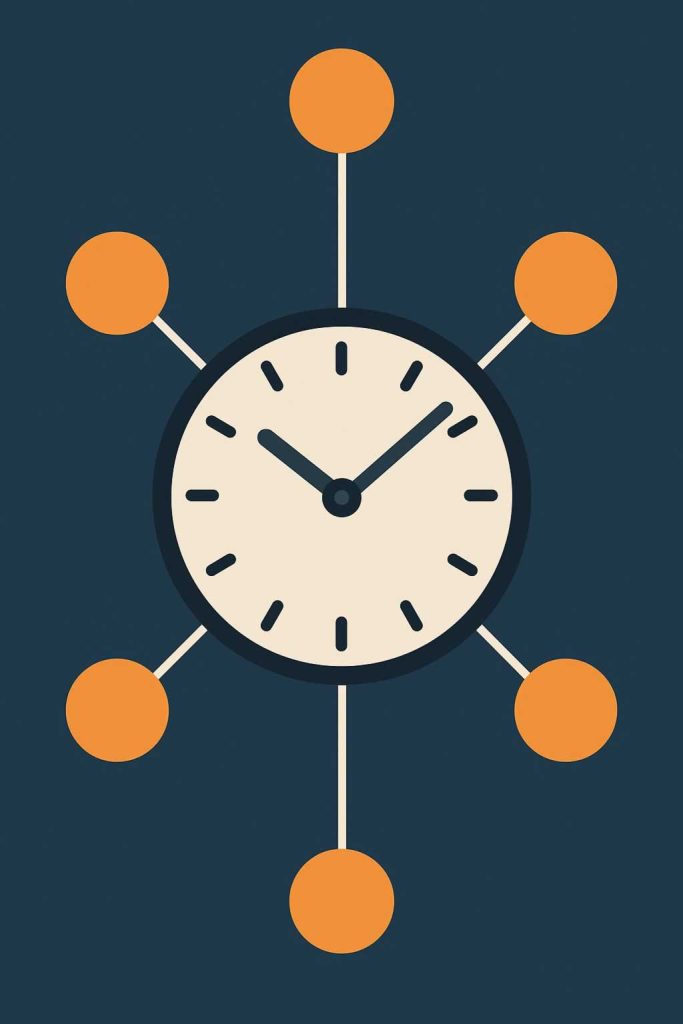

Yes, AI workflows can absolutely run on a schedule, and in many cases, scheduling is a key part of making them reliable and effective. At AEHEA, we frequently build workflows that are set to run at fixed intervals, whether that means every five minutes, once a day, or on a complex schedule tied to business operations. This allows AI systems to work in the background consistently, without requiring constant human oversight or manual triggering.
Scheduling is useful for a wide range of tasks. It can be used to check for new data, retrain a model, generate reports, or push updates to dashboards or third-party systems. For example, an AI model might scan a customer support inbox every hour, classify the messages, and route them to the correct department. Another workflow might generate daily sales summaries or check for fraud alerts overnight. These tasks happen automatically, allowing teams to focus on higher-level decision making.
We often use tools like n8n, Airflow, or Cron to manage scheduled workflows. In n8n, scheduling is built into the platform using a “Cron” node that makes it easy to specify exact timing. In more complex environments, we might use Apache Airflow, which supports rich scheduling logic along with dependency management and failure handling. These tools allow us to set up workflows that are both time-aware and event-driven, offering flexibility depending on the task.
At AEHEA, we believe scheduled workflows are an essential part of building scalable AI systems. They ensure consistency, reduce delays, and support proactive operations. Rather than reacting to problems or data in real time, scheduled workflows help teams stay ahead by running tasks predictably and without interruption. Whether it’s once an hour or once a quarter, having AI processes that run on a schedule brings structure and dependability to even the most complex operations.
